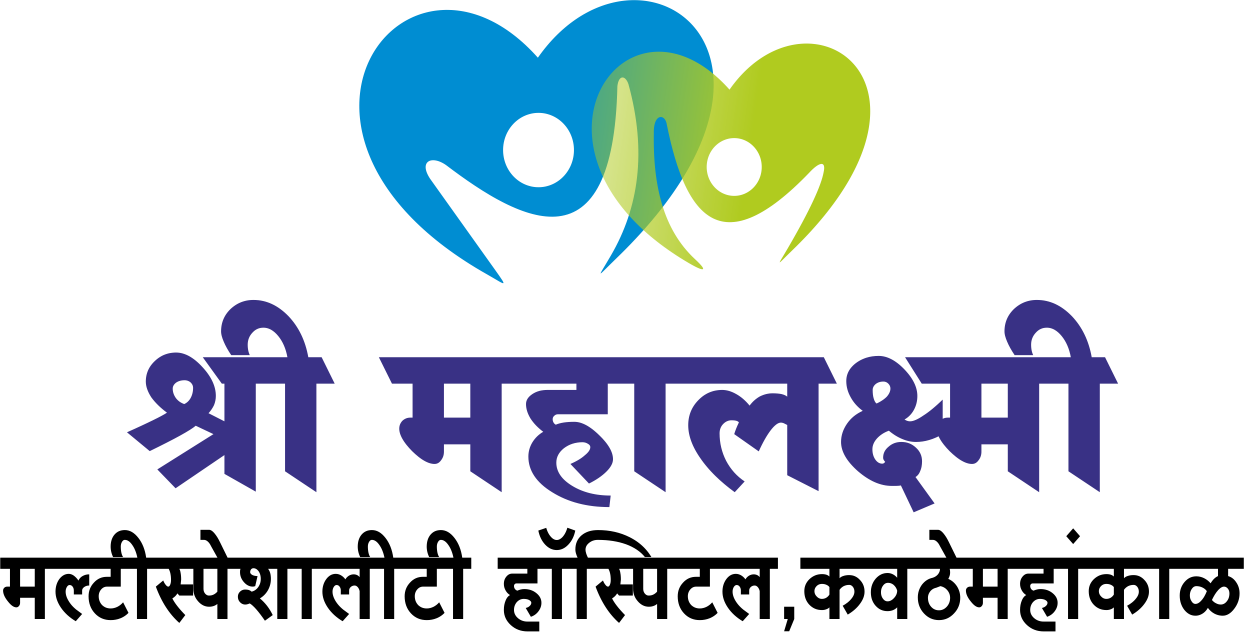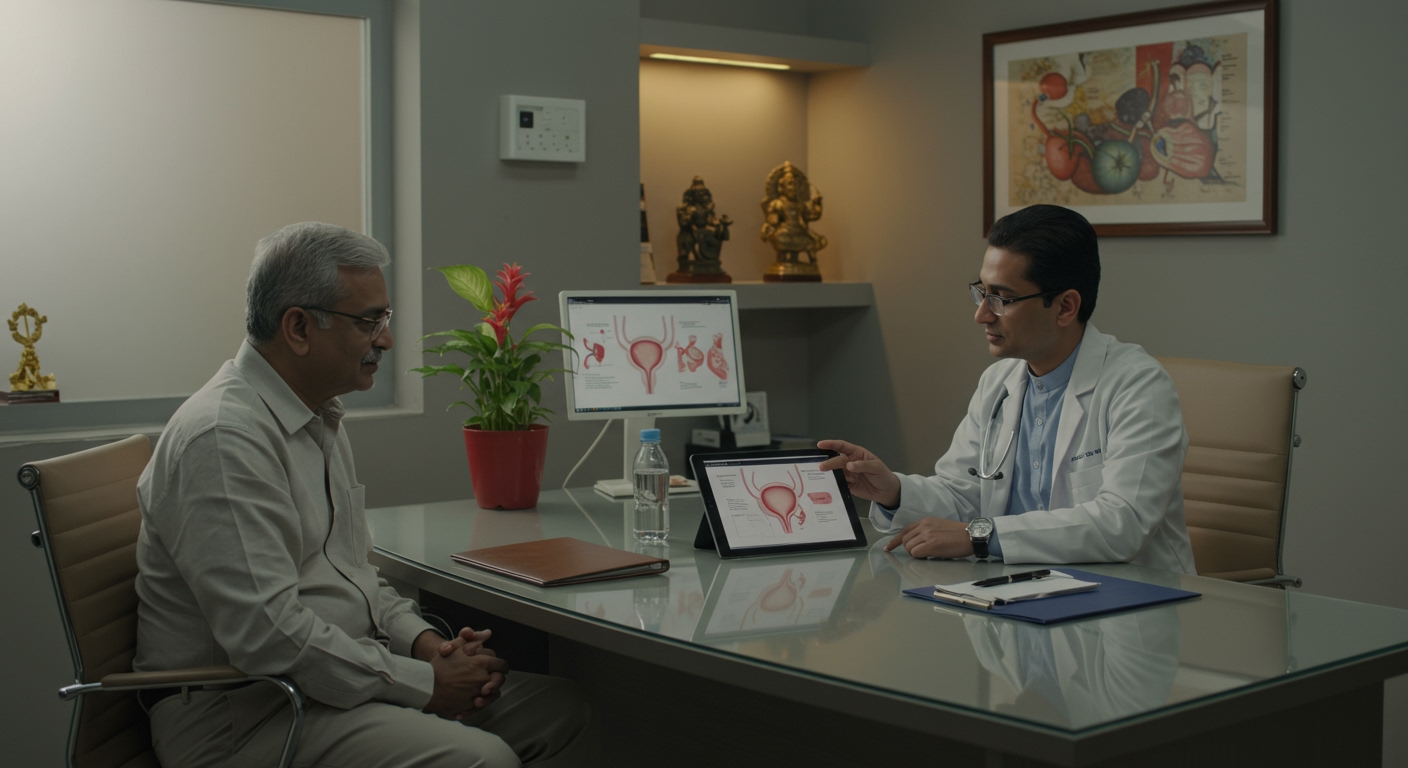What Is a Urethral Stricture?
A urethral stricture is a narrowing of the urethra, the tube that carries urine out of the body. This condition can make it hard to pass urine. Often, it leads to several health issues. Understanding urethral stricture complications is important for your health and well-being.
Common Complications of Urethral Stricture
Because the urethra is blocked or narrowed, urine cannot flow easily. As a result, several problems may develop. Here are some common complications:Urinary retention: You may not be able to empty your bladder fully. This can cause pain and swelling.Urinary tract infections (UTIs): Stagnant urine can lead to infections. These may become serious if not treated.Bladder damage: Over time, the bladder muscles can weaken. This makes it harder to control urination.Kidney problems: If urine backs up, it can harm the kidneys. This may lead to kidney infections or even kidney failure.
Additionally, some people may develop bladder stones or blood in the urine. These issues can make daily life uncomfortable.
Symptoms and Warning Signs of Complications
It is important to watch for signs of urethral stricture complications. Early detection can help prevent serious problems. Look out for these symptoms:Weak or slow urine streamStraining to urinateFrequent urge to urinatePain or burning during urinationBlood in the urineLower belly painFever or chills (may signal infection)Inability to urinate at all
If you notice any of these signs, you should seek medical help. Sometimes, symptoms appear suddenly. In other cases, they develop slowly over time.
Diagnosis and Monitoring of Complications
Doctors use several tests to diagnose urethral stricture complications. First, they may ask about your symptoms and medical history. Next, they might perform a physical exam. Common tests include:Urine flow tests to measure how well urine passesUltrasound to check the bladder and kidneysUrine tests to look for infection or bloodCystoscopy, where a thin tube with a camera checks the urethra
Regular monitoring helps catch problems early. This way, doctors can treat issues before they become severe.
Treatment Options for Complications
Treatment depends on the type and severity of the complication. Here are some common options:Catheterization: A thin tube may be used to drain urine from the bladder.Medications: Antibiotics treat infections. Pain relievers may help with discomfort.Dilation: Doctors may gently stretch the urethra to improve urine flow.Surgery: In some cases, surgery removes or repairs the narrowed section.
For kidney or bladder damage, more advanced care may be needed. Your doctor will choose the best treatment based on your needs.
Prevention Tips and Lifestyle Guidance
While not all cases can be prevented, you can lower your risk of urethral stricture complications. Try these tips:Drink plenty of water to keep urine flowingPractice good hygiene to avoid infectionsSeek prompt care for urinary problemsAvoid injury to the pelvic areaFollow your doctor’s advice after any surgery or procedure
Additionally, regular check-ups help catch problems early. This can prevent more serious issues from developing.
When to Seek Medical Help
If you have trouble urinating, pain, or signs of infection, do not wait. Seek medical help right away. Early treatment can prevent serious urethral stricture complications. Remember, untreated problems may lead to kidney damage or other lasting issues.
Consult a specialist for personalized guidance on urethral stricture complications.

